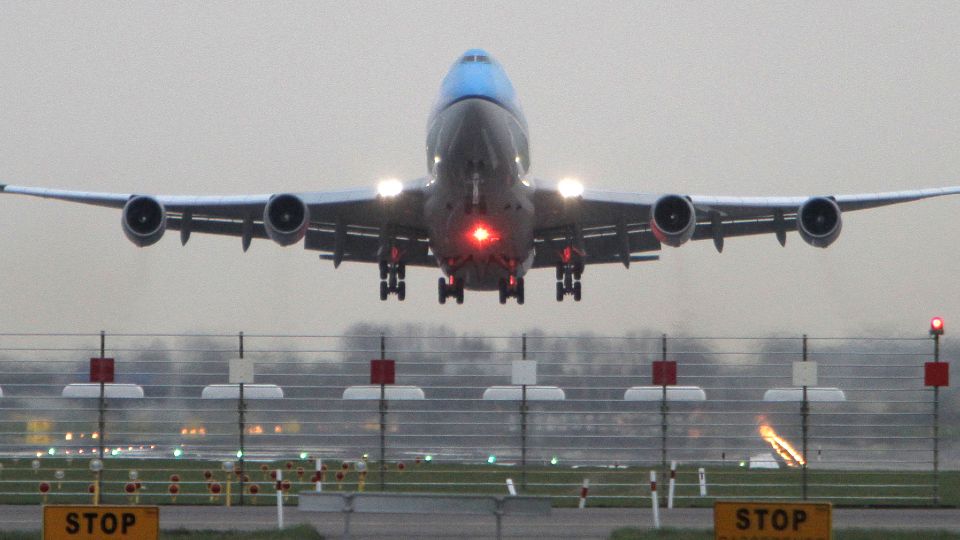CLARENCE CENTER, N.Y. — For 12 years, the families of Flight 3407 have worked endlessly to keep us all safe while in the sky.
This Friday, they are celebrating a major milestone.
The pilot records database was officially published Thursday, which can provide air carriers with insight into a pilot's flight history, including accidents and incidents reported on the job.
By 2024, all air carriers are expected to have entered pilot records into the database.
One of the victims of Flight 3407 was Beverly Eckert, who lost her husband years prior in another disaster involving a plane crash.
“She was flying to Buffalo,” said Karen Eckert, Beverly's sister. “It was on that weekend, February 12, 2009, to award a memorial scholarship in her husband’s name, Sean Rooney, who was killed on 9/11 in Tower 2. She was going to meet with the young man who was getting the scholarship the next morning and award him in memory of her husband, and she never made it.”
Like her sister Beverly, Karen Eckert — along with other family members of the Flight 3407 crash victims — became an advocate for enhancing flight safety. Their work was prompted by the cause of the 2009 crash that left 50 dead in Clarence Center. An NTSB report said the crash was due to pilot error and was avoidable.
After an exhausting fight, a long-awaited victory was ushered in on Thursday with the publishing of the pilot records database. The advocacy of these families and their collaboration with politicians like Congressman Brian Higgins have ensured that for over a decade, others have been able to reunite with their loved ones after flights.
“I think there’s great satisfaction because there hasn’t been a crash on a U.S. airline in 12 years," Eckert said. "We’re satisfied with what Congress wanted and the National Transportation Safety Board is on the books, and it’s on the schedule for implementation and we just hope that it’s followed. It has to be followed, and that’s where we are. And that’s all you can do is give it your best, get it done and let everyone implement it.”
Another key victory the families were able to have implemented through the Airline Safety Act of 2010 was for flight passengers to know exactly who is flying their plane, whether a regional airline or a major airline. Colgan Air, for example, was a regional airline with pilots who had not gone through proper training. Two of those pilots were manning Flight 3407.
"When Flight 3407 crashed right here, it was called Continental Flight 3407," Eckert said. "But when the families gathered together to get information from the airline, it wasn’t Continental that we were hearing about; it was people from something called 'Colgan Airline.' We didn’t even know who Colgan Airline was. And that’s when we learned that Colgan Airline had a contract to fly for Continental, but they didn’t use their name. They used Continental, which, at the time, was a major airline.”
Karen Eckert’s fight has never just been about her sister. She says this newest component of the Airline Safety Act of 2010 is about honoring all of the victims, standing with the other families, and ensuring the safety of those who travel by air.
”I know these families, these people are real to me," Eckert said of the victims. "I know the pain of their mothers. Their husbands. Their sons. Their wives. Their sisters. They’re all real people. And so when you have a view in your mind about a person, you don’t stop. And you do it for them, and you do it for us: Those of us who still fly. And it’s hard, yes — but you never think of quitting.”







